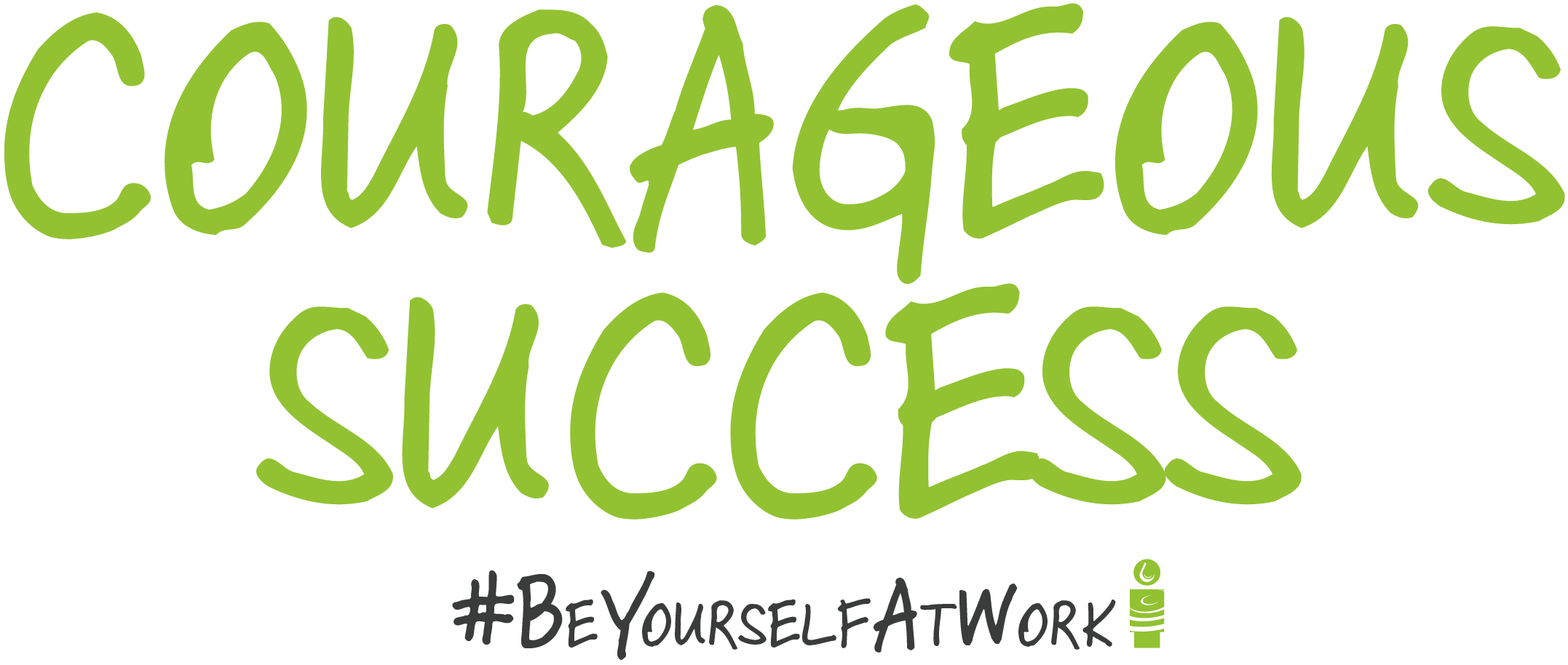75% of Americans say their “boss is the most stressful part of their workday.” American Psychological Association, reported in HBR.
At one time when I was a teenager, I worked as a waitress in a restaurant. There was a rota of managers, and for those who worked there, the shift experience was different depending on the manager. How you felt about turning up for work that day, depended on who was scheduled to be your manager. With all my years of experience of developing people, I’d estimate that 85% of people who decided to change jobs did so fully or mainly because of the person that they worked for.
The HBR article with the statistic above also highlights some alarming stats about the impact of bad bosses:
- 56% of American workers claim their boss is mildly or highly toxic. (Life Meets Work).
- One in two employees have left a job “to get away from their manager at some point in their career.” Gallup
- A study of 3,122 Swedish male employees found that those who work for toxic bosses were 60% more likely to suffer a heart attack, stroke, or other life-threatening cardiac condition.
- Other studies in American workplaces show that people with toxic bosses are more susceptible to chronic stress, depression, and anxiety, all of which increase the risk of a lowered immune system, colds, strokes, and even heart attacks.
Bruce Daisley, European Vice-President for Twitter and author of ‘The Joy of Work’ has recently set up www.badbosshelpline.com where people ring in and report their bosses bad behaviour! The bosses are then sent Daisley’s book, anonymously. Are you in the running to get one?
Could you be reported to the bad boss helpline, or would you like to report someone you know?!
What causes this bad behaviour? It’s usually strategies employed to make up for; lack of confidence, a lack of self-awareness, poor stress management, needing control, unconscious habits and conformity to outdated models of what a manager or leader should be like. It’s not easy to be a great manager, you must be the best version of yourself.
New research from Villanova University, quoted in the Guardian, reveals that it’s not just workers who suffer when their boss is abusive – it may come as a relief to learn that bad managers themselves face consequences for “being insufferable jerks”.
“What we found is that the abusive boss is significantly hurt by their own behaviours,” says the lead researcher, Dr Manuela Priesemuth. “They actually lose their social worth, which is basically feeling valued and appreciated by other people. And because they miss this crucial component of self-worth, they’re also going to perform worse at their work.” Basically, if you treat people badly, they’re not going to like you, and for social creatures like humans, being disliked is hurtful and disadvantageous.
Question 8 of our Global study into #beyourselfatwork is
How much is your current manager human, real and authentic? From: 1/10 not at all, to 10/10 yes totally. We are asking this for a very good reason! Being human, real and authentic makes you great to work for!
If you don’t want to be reported, here are some tips. You may not manage people today, but who’s to say that a colleague helpline won’t be created?!!
- Ask yourself what it would be like to work for you? What might people be seeing, hearing, feeling? Picture yourself working for you and be honest with yourself.
- What about you, do people who work with, you see as your positives and challenges? Do you know? If not, be brave and ask them.
- Raise your self-awareness, be conscious of your behaviour and aim to always have a positive impact.
- Manage your emotions. Leave any frustration and annoyance at the door.
- When you are in meetings or conversations be really present. Stop multitasking and pay full attention to others, be present and really listen instead.
- Assume positive intent in others, in how you interpret behaviour and communication, especially emails!
- Be warm and informal, get to know people as people, don’t just see them as their role or work capabilities.
#beyourselfatwork
